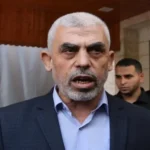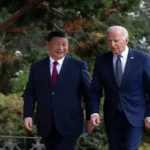The recent surge in violence between Hamas and Israel has drawn attention from across the globe, sparking debates and discussions on the international stage. Within the U.S., a group of progressive Democratic lawmakers known as the “Squad” has been closely watched for their responses to this escalating conflict. This article delves into their reactions, highlighting criticism and calls for de-escalation as the situation unfolds.
The “Squad”, composed of prominent House Democrats who have been vocal critics of Israel in the past, faced significant backlash from conservatives on social media due to what was perceived as tepid statements following Hamas’ deadly attack on Israel.
In the wake of the attack, several members of the “Squad” issued statements condemning the violence and urging a de-escalation of the conflict. However, the absence of a statement from one member in particular, Rep. Rashida Tlaib of Michigan, has garnered attention.
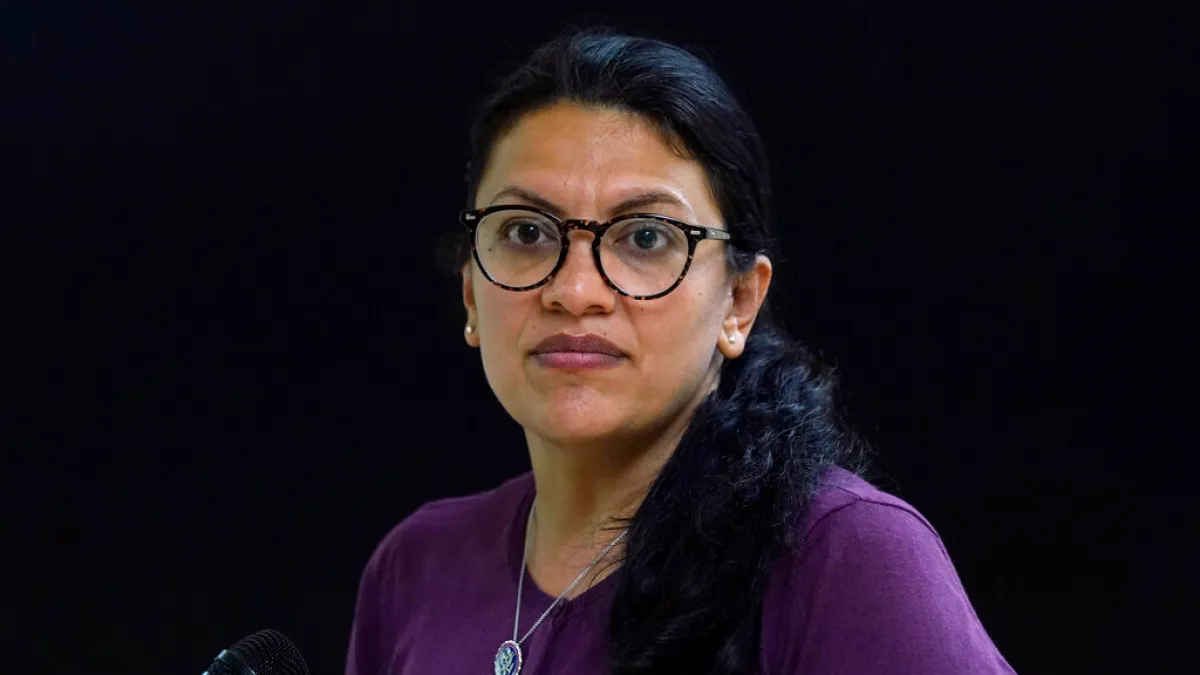
Rep. Rashida Tlaib of Michigan
Tlaib, known for her staunch criticism of Israel, chose to remain silent in the face of Saturday’s unprecedented Hamas terrorist attack on Israel, an assault that has tragically claimed the lives of at least 600 Israelis and prompted Israel to declare war officially for the first time since 1973. Tlaib refrained from releasing any statement, and her usually active presence on social media fell silent for nearly 24 hours following the attack.
To not speak out against and condemn the horrific attack on Israel @RepRashida is to be complicit with this savagery. https://t.co/SPkAbI89Gf
— Congressman Greg Murphy, M.D. (@RepGregMurphy) October 8, 2023
Tlaib’s past statements and positions on Israel have been provocative, with accusations of “ethnic cleansing” against Palestinians and assertions that Israel is an “apartheid state”. These comments have made her a polarizing figure in discussions surrounding the Israeli-Palestinian conflict.
In contrast, fellow “Squad” members, Rep. Alexandria Ocasio-Cortez of New York and Rep. Ilhan Omar of Minnesota chose to address the situation in ways that did not escape controversy.
— Rep. Alexandria Ocasio-Cortez (@RepAOC) October 7, 2023
In her statement, Ocasio-Cortez condemned Hamas’ attack in strong terms, emphasizing her concern for the violence’s impact on innocent children and families. She stressed the urgency of an immediate ceasefire and de-escalation to prevent further harm.
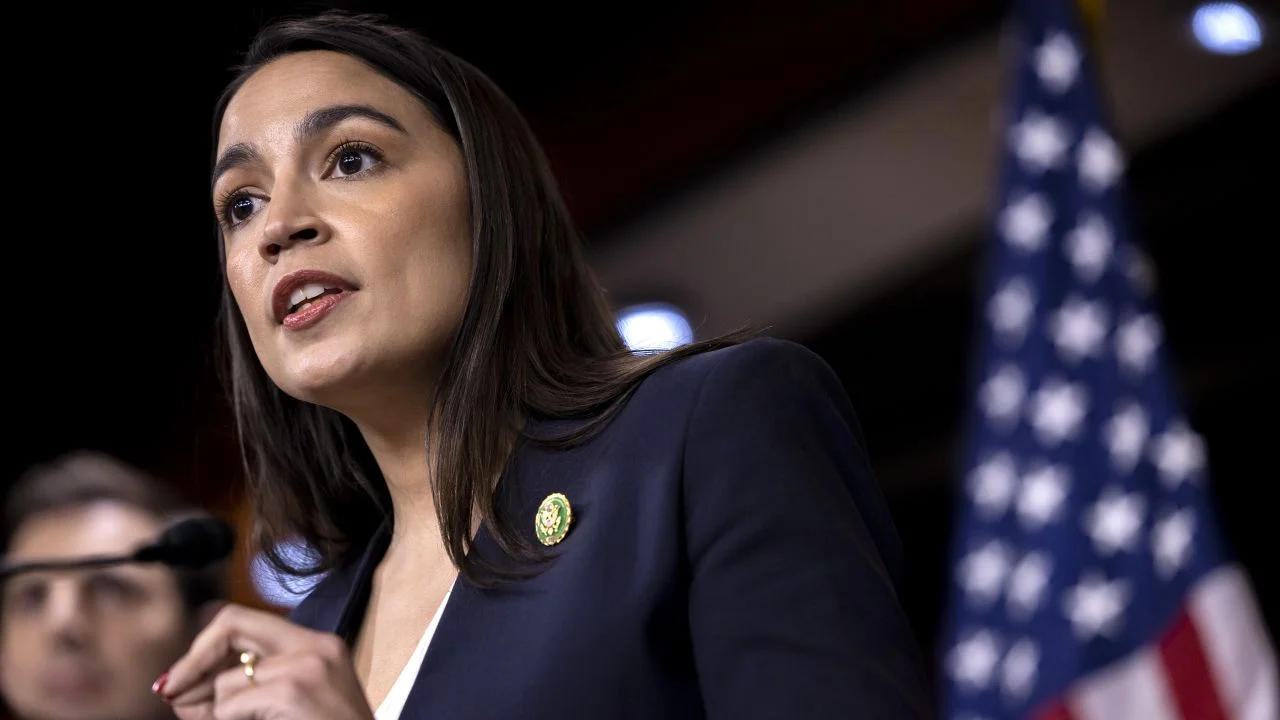
Rep. Alexandria Ocasio-Cortez of New York
However, South Carolina GOP Rep. Nancy Mace criticized her call for a ceasefire and labeled Ocasio-Cortez as a “Hamas apologist”. Mace’s critique underscores the challenges of navigating nuanced discussions surrounding the conflict.
Hamas apologist asking for “ceasefire” after one side launches a massive terrorist attack. Nice try. https://t.co/sQsaZTpBZq
— Nancy Mace (@NancyMace) October 8, 2023
Omar, who has a history of controversial statements regarding Israel, condemned the violence and the suffering it has caused, particularly among civilians. She called for de-escalation and emphasized her commitment to advocating for peace and justice throughout the Middle East.
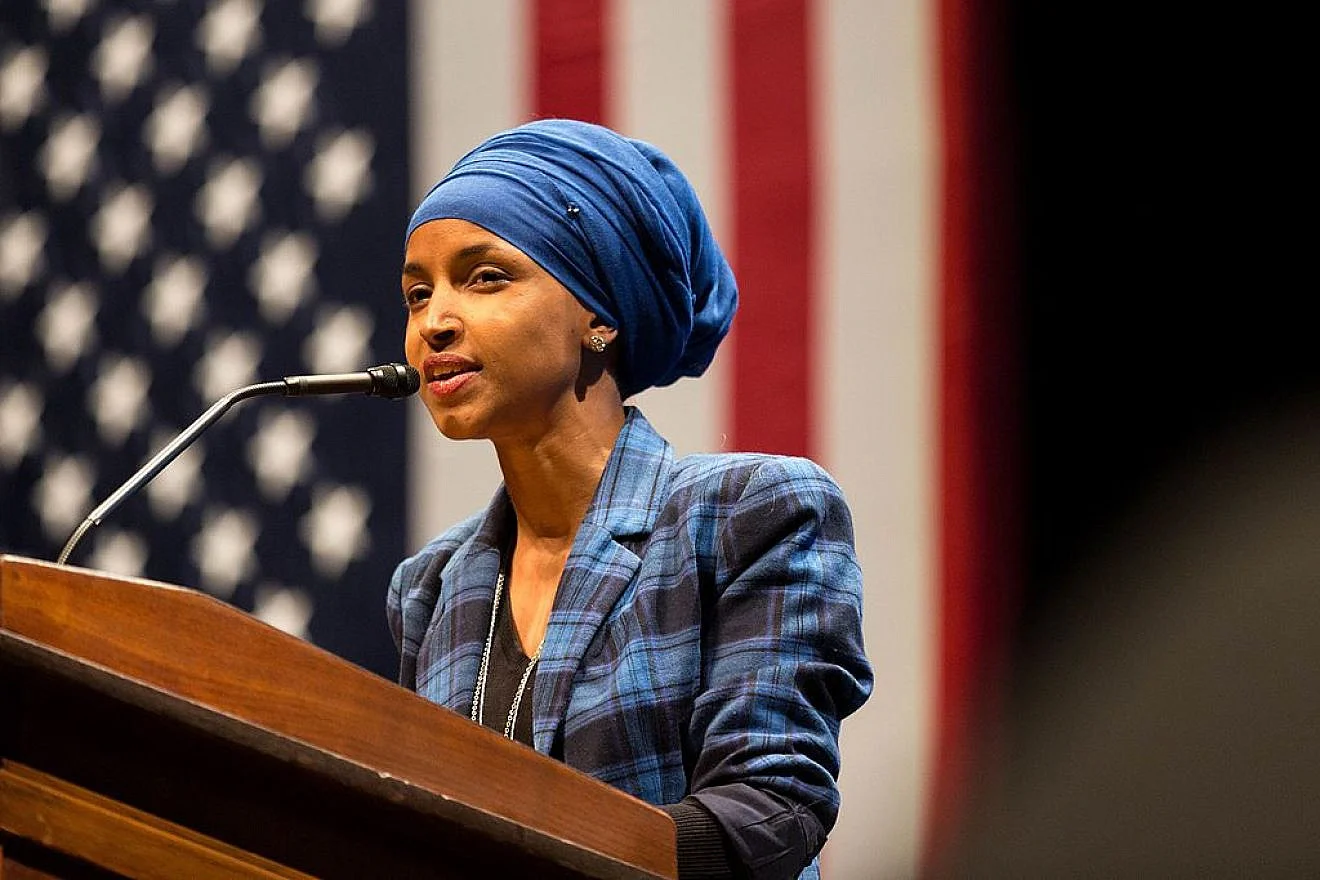
Rep. Ilhan Omar of Minnesota
Yet, Omar’s past statements have drawn significant attention and criticism. In 2021, she faced backlash for comparing the actions of the United States and Israel to terrorist groups like Hamas and the Taliban. Such comparisons have fueled debates within and outside of her party.
I condemn the horrific acts we are seeing unfold today in Israel against children, women, the elderly, and the unarmed people who are being slaughtered and taken hostage by Hamas. Such senseless violence will only repeat the back and forth cycle we've seen, which we cannot allow…
— Ilhan Omar (@IlhanMN) October 7, 2023
The “Squad’s” responses reflect the complex nature of the Israeli-Palestinian conflict, where deeply held convictions and positions on both sides are scrutinized and debated. While the lawmakers call for peace and express concern for civilian lives, their past statements continue to inform how their words are received.
Rep. Cori Bush of Missouri, another member of the “Squad”, expressed her heartbreak over the ongoing violence in the region. She mourned the lives lost and injuries sustained on both sides, condemning attacks on civilians and calling for an immediate ceasefire and de-escalation.
My statement on the ongoing violence in Palestine and Israel ⬇️ pic.twitter.com/NIt9G7aLMI
— Congresswoman Cori Bush (@RepCori) October 8, 2023
Like those of her “Squad” colleagues, Bush’s statement reflects the broader sentiment within the Democratic Party that emphasizes the need for a peaceful resolution to the conflict.
However, the responses from these lawmakers also reveal the challenges of addressing a multifaceted crisis like the one in the Middle East. The complexity of the situation, combined with differing viewpoints and historical contexts, often leads to tensions and disagreements, both within the party and among the American public.
As the crisis unfolds and new developments emerge, it remains to be seen how the “Squad” and other lawmakers will navigate these difficult conversations, balancing their commitments to human rights and justice with the complexities of international conflicts.
The conflict in the Middle East continues to evolve, and as it does, the responses and statements from political leaders as well as the “Squad” will significantly impact public sentiment and guide policy choices.


